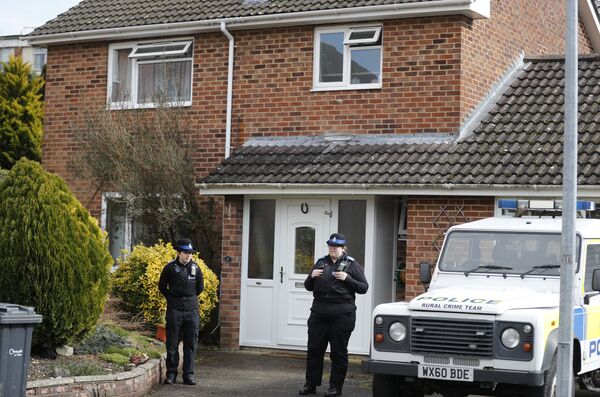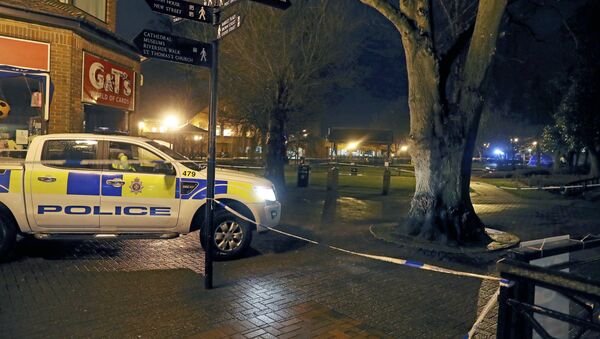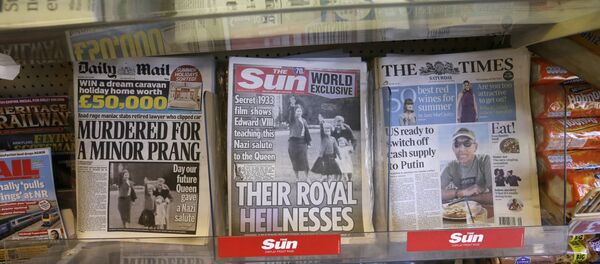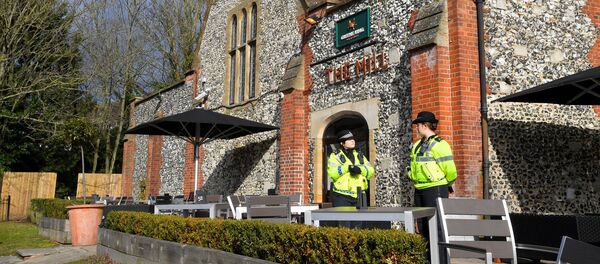Skripal, a former officer of Russia's Main Intelligence Directorate (GRU) who was granted asylum in the United Kingdom after a US-Russia spy exchange in 2010, and his daughter Yulia were found unconscious on a bench at a shopping center in the British city of Salisbury March 5 and were hospitalized in critical condition.
Pritchard said there were more victims in the incident, Sky News reported: 21 people sought medical treatment after exposure to the nerve agent used against Skripal, he said, several of the force's police officers among them.
READ MORE: Russian Embassy Slams Johnson's Salisbury Remarks
"We've had multiple officers involved. There's been around 21 people including the main two index patients," Pritchard said. "They're having blood tests, they're having treatment in terms of support and advice provided."
Skripal and his daughter remain critically ill in intensive care. Nick Bailey, a Wiltshire police officer who was among the first to give help to the former spy, also remains in hospital, but is stable and conscious, "talking and engaging," according to British Home Secretary Amber Rudd.
"He's well, he's sat up. He is not the Nick that I know, but of course he's receiving a high level of treatment. He's in the safe hands of the medical professionals," Pritchard told Sky News, adding that he was "massively" proud of the officers who put themselves at risk when responding to the poisoning.
Hundreds of detectives, forensic specialists, analysts and intelligence officers from the Metropolitan Police and Wiltshire Police are investigating the incident, according to Rowley.

Rudd urged people to avoid speculating about the incident, saying that "it is… a matter for the police to decide what to investigate."
Addressing allegations about Moscow's involvement in Skripal's poisoning, Russian presidential spokesperson Dmitry Peskov said that he could not give any comment because the Kremlin had no information on the incident, but he noted that Moscow was "open to cooperation" in the investigation into the case.
READ MORE: Mainstream Media Continue to Swallow Any ‘Absurd Claims' Levied Against Russia
In 2006, Skripal was sentenced in Russia to 13 years in prison for cooperating with the UK Secret Intelligence Service MI6 and disclosing names of Russian intelligence agents working undercover in Europe. In 2010, then-Russian President Dmitry Medvedev signed a decree pardoning Skripal, with the former agent then moving to the United Kingdom.




